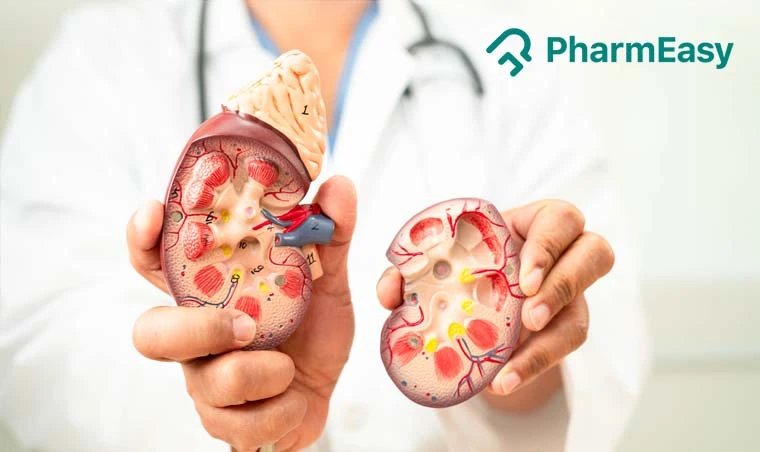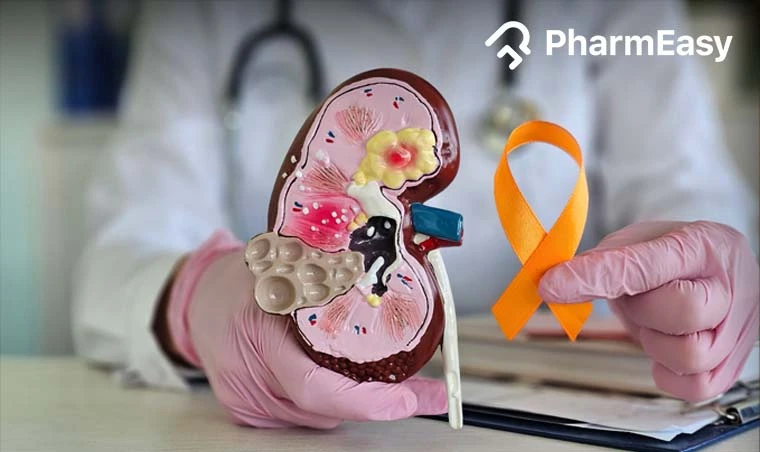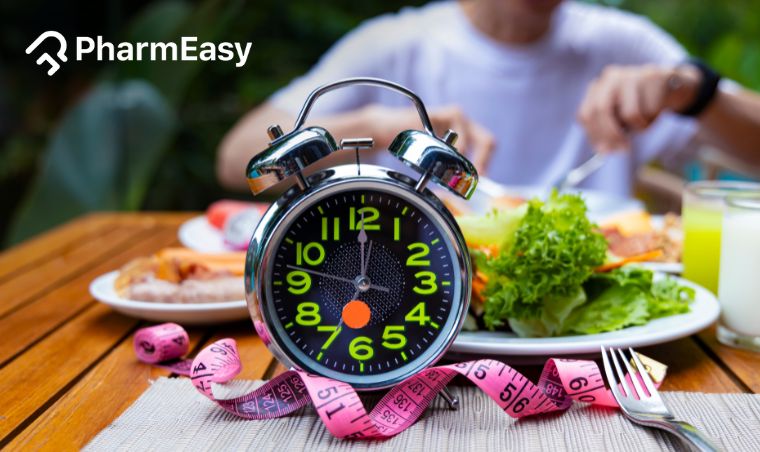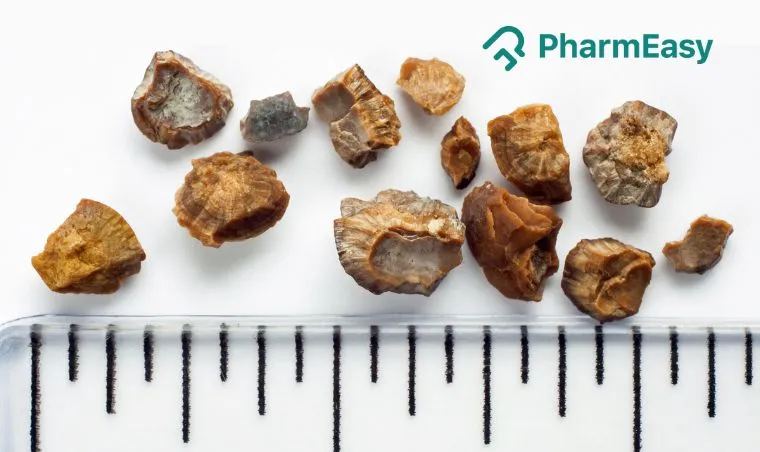Intagesic Injection
Description
Intagesic Injection is a medication used to alleviate pain and inflammation. It contains diclofenac as the active ingredient. This medicine is used to relieve acute pain associated with rheumatoid ar
thritis, gout, and pain following surgery, as well as discomfort arising from dental procedures and trauma. It works by inhibiting the production of prostaglandin, a chemical responsible for the sensation of pain, swelling, and inflammation. The medication will be administered as an Injection by a healthcare professional in a hospital or clinic. The dosage and duration of treatment depend on the underlying condition. Before starting treatment, you should inform the doctor if you smoke, have diabetes, a blood clotting disorder, a heart condition, or similar issues.
Product Summary
| Offer Price | ₹14.96 |
| You Save | ₹5.54 (27% on MRP) |
| Contains | |
| Uses | Pain relief |
| Side effects | Injection site pain, swelling, nausea, stomach upset |
| Therapy | ANALGESIC |
Uses
- Intagesic Injection is used for relieving acute pain conditions like rheumatoid arthritis, osteoarthritis, pain due to kidney dysfunction and gout attacks.
- It is used to treat or prevent post-operative pain and pain after surgery or dental procedures.
Contraindications
- If you are allergic to diclofenac or its other ingredients.
- If you suffer from liver, heart, or kidney failure. If you have a history of a bleeding disorder or tend to bleed easily.
- If you have or have had an active stomach or intestinal ulcer or bleeding issues.
- If you have a history of stomach ulcers or bleeding due to the use of painkillers.
- If you have recently undergone surgery or an operation that carries a risk of bleeding.
- If you are pregnant, in your last trimester, have a history of asthma attacks, or are experiencing dehydration.
- If you are taking medication to prevent blood clots, such as heparin, or other pain relievers like ibuprofen, celecoxib, etc.
- If you have had an allergic reaction to painkillers, such as asthma, skin rashes, swelling, or nasal congestion.
- If you suffer from brain and heart conditions, such as heart attacks, strokes, heart failure, or circulation problems.
Side effects
- Injection site pain
- Tenderness
- Nausea
- Vomiting
- Diarrhoea
- Indigestion
- Bloating
- Headache
- Dizziness
Precautions and Warnings
Pregnancy
Breast Feeding
Driving
Alcohol
Other General Warnings
- You are already using other painkillers.
- Your kidneys are not working properly and you experience swelling and water retention.
- You suffer from skin rashes, itching, papules, blisters, etc.
- You have a hereditary disorder of intolerance to some sugars like lactose and glucose.
- You suffer from autoimmune disorders like systemic lupus erythematosus.
- You are trying to conceive or taking treatment for infertility, should discontinue the medicine.
- You have asthma, or you are prone to seasonal allergies, rhinitis, and other lung and throat problems.
- You have a history of stomach or bowel disorders like gastrointestinal bleeding or Crohn's disease.
- You are an elderly patient, or with low body weight, the doctor may reduce your dose of the medicine.
- You have liver disease, close monitoring of liver function is required.
- You have heart problems like high blood pressure, high cholesterol, or diabetes, or you are an active smoker.
- You may develop stomach or intestinal bleeding problems during the treatment, the risk is more if you are using aspirin.
Mode of Action
How Does It Work?
Directions for Use
- Intagesic Injection will be given to you in a hospital by the doctor or nurse as an Injection.
- Do not self-inject the medicine. Follow the aftercare instruction given by the doctor.
Interactions
Interactions with other medicines
- Concomitant use of diclofenac with medicines like water pills and other blood pressure medicines like furosemide, propranolol, atenolol, and telmisartan decrease the blood pressure lowering effects and thus should be cautiously used in elderly patients....
- Water pills like chlorothiazide, chlorthalidone and immunosuppressants like tacrolimus and ciclosporin may increase the potassium level if taken along with Intagesic Injection.
- Concomitant use of anticoagulants like warfarin and medicines to treat brain conditions like escitalopram and fluoxetine increase the risk of bleeding and ulcers.
- Using antidiabetics along with the Injection affect the blood sugar level. The doctor may ask to monitor blood sugar levels regularly.
- Antibiotics like ciprofloxacin, norfloxacin cause fits (you may have a history of fits or seizures) if taken along with the medicine.
- Diclofenac must not be used for 10-12 days after the use of mifepristone, as it reduces the effect of the medicine.
- Other medicines like phenytoin for fits, sulfinpyrazone and voriconazole, colestipol, cholestyramine, lithium used to treat brain conditions and digoxin used to treat heart failure must be used cautiously....
- Inform the doctor about the other medicine, supplement or herbals you are taking or might take to avoid possible interaction.
Storage and disposal
- Store Intagesic Injection below 30°C at a cool and dry place away from direct sunlight.
- Keep it away from children and pets.
Dosage
Overdose
Missed a Dose
Content Details
Dr. Nikita Toshi
BDS (Bachelor of Dental Surgery), WHO FIDES member
Dr. Ritu Budania
MBBS, MD (Pharmacology)
Frequently Asked Questions (FAQs)
Q: What is the duration of the effect of the Injection?
Q: Is Intagesic Injection safe during pregnancy?
Q: How to store Intagesic Injection?
References
- CDSCO [Internet]. Cdscoonline.gov.in. 2025 [cited 28 April 2025]
- Diclofenac [Internet]. Ncbi.nlm.nih.gov. 2025 [cited 28 April 2025]
- Injection D. DICLOTAL-AQ Injection – BLUE CROSS [Internet]. Bluecrosslabs.com. 2025 [cited 28 April 2025]
- Alcohol and NSAIDs Increase Risk for Upper GI Bleeding [Internet]. American Academy of Family Physicians. 2025 [cited 28 April 2025]
Did you find this medicine information helpful?
Please rate your experience



















